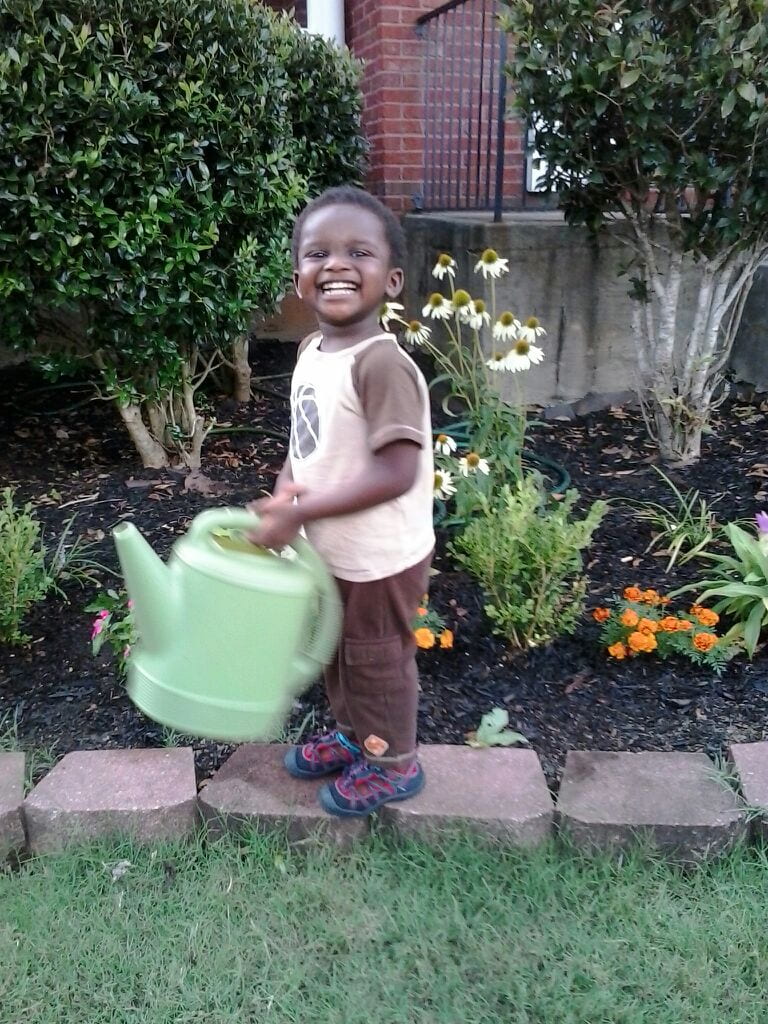Blog #1 To GSU/Perimeter Magazine
Greeting fellow students,
Have you ever felt like no matter how hard you studied, you didn’t get the materials you were reading that no matter how hard or how long you looked at the books or how many power points and videos you watched you just couldn’t seem to understand it? Well, maybe it’s because you weren’t using the correct study tools. Different people study in different ways and if you are not studying in the way most suited to yourself, you will have a hard time studying effectively and getting the most out of your study session. So, I will list out different study tools and techniques to help you improve on your studying and I will also list out bad techniques and habits that could be harming you in the long run.
To begin, there are four generally four different types of learners: Visual, Auditory, Reading/Writing, and Kinesthetic. They are self-explanatory. Visual learners learn best with visual materials such as PowerPoints and Auditory learners learn best when listening to the material such as a lecture or a video. Reading/Writing learners learn best when reading the material or engaging in some form of writing exercise related to the material such as flashcards and Kinesthetic learners, hands-on people, learn best when actively doing the material or applying it. All people are a mixture of multiple types, not just one, so it’s imperative that you find out which types suit your needs so you can tailor your study sessions to fit. For example, if you are predominantly a Visual/Auditory learner, you would do well with watching videos and recording the lecturer and following along with the PowerPoint. Once you have determined your type of learning, there are various tricks and techniques you can use to improve your study life. You could use a schedule to organize all of the work you need to accomplish and to set a time restraint if you have multiple things to accomplish. You could also study in groups if you are the type of person that learns best with others, or you could go to a quiet area and study by yourself if you learn best that way.
A critical technique to ensure your success as a student is to have a growth mindset. A growth mindset is a state of mind where the person believes that they can improve themselves through hard work and perseverance. It is the opposite of a fixed mindset which is when a person erroneously believes that their basic qualities, or talent, are fixed and will never change and they only need to rely on their talent without effort to succeed. To give you a general idea, here are a few examples of the differences between growth and fixed mindset. Growth mindsets take all the opportunities they can get to improve themselves whereas fixed mindsets believe that their talent is already good enough as it is. A growth mindset get back up after a setback or a failure and refuse to give up whereas a fixed mindset will oftentimes have a difficult time recovering from failure. Growth mindsets generally have an easier time asking others for help to improve themselves whereas a fixed mindset prefers to succeed on their own ability.
Finding out your preferred learning type is important, but what’s also important is remembering to review what you learned. Many people place more emphasis on the initial learning of something rather than the remembrance of it. I say while it is important to study well, it is just as important to reflect, ruminate, and digest what you learned. We forget a large percentage of what we learn just after we leave the classroom, so remembering to ingrain the information within us is a key concept. Another helpful tool is the SMART goals. SMART goals are a set of objectives that guide you in your goal-making process. They ensure that your goals are realistic and achievable in the timeframe you want.
Part of the study improvement process is finding out which bad habits you possess and removing them. There are bad habits for just about everything and studying is no exception. A rather famous one, or should I say infamous, is procrastination. I’m willing to bet my left kidney and arm that everyone reading this article has procrastinated at some point in their life. We all try our best to get our work done on time and yet sometimes we completely slip. When you become a big procrastinator, that becomes a large issue that affects your study life immensely. You become unable to complete work on time, which leads to your grades dropping, which could lead to scholarship loss, and then eventual expulsion or college dropout. Obviously, the route that I just listed goes to the extreme, but I cannot overstate the dangers of procrastination. I used to be a fairly large procrastinator myself, completing assignments the night before and cramming as much information as I could the day before an exam. That severely hurt my grades and I soon realized that something needed to change before I dug myself into a hole too deep for me to get myself out.
